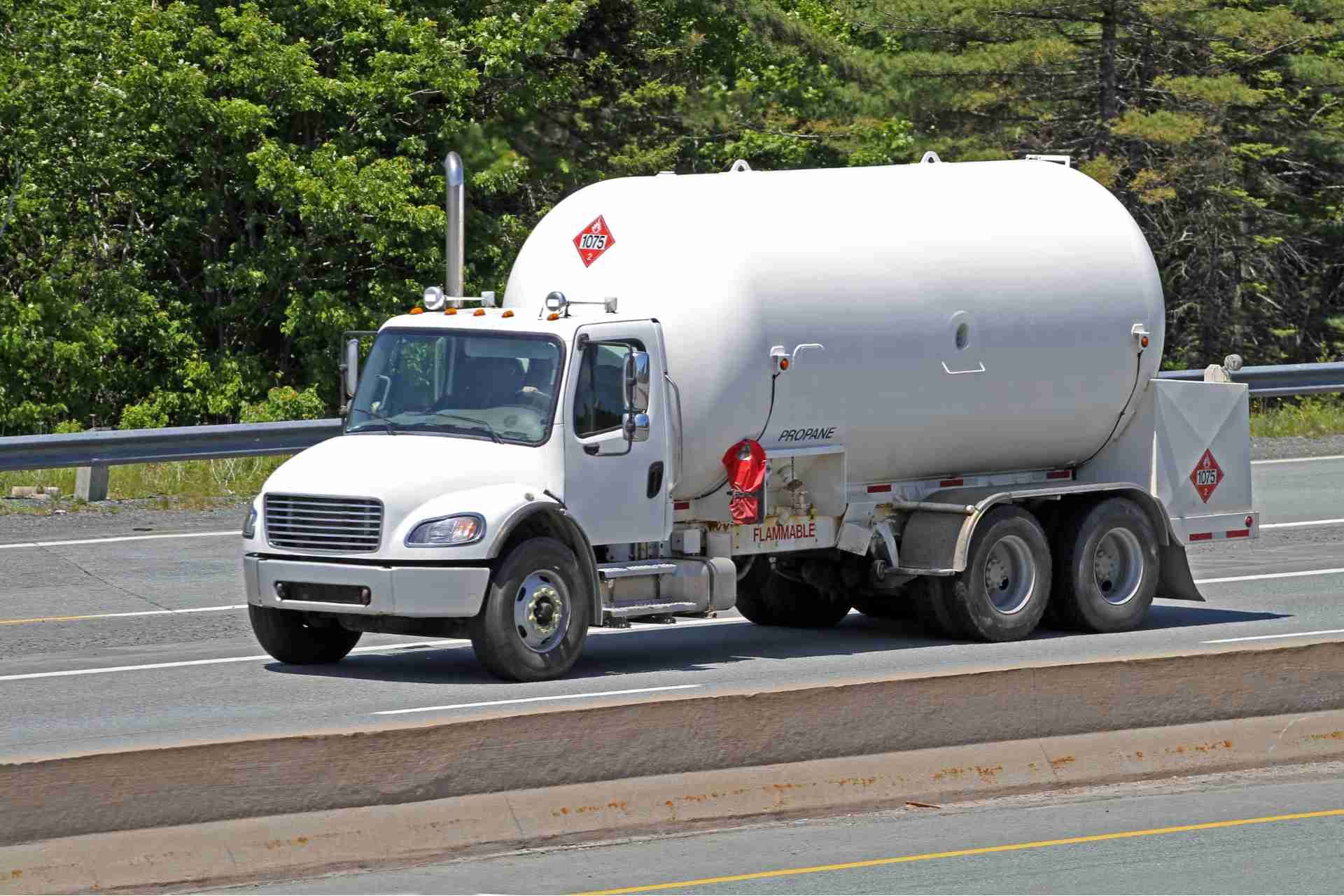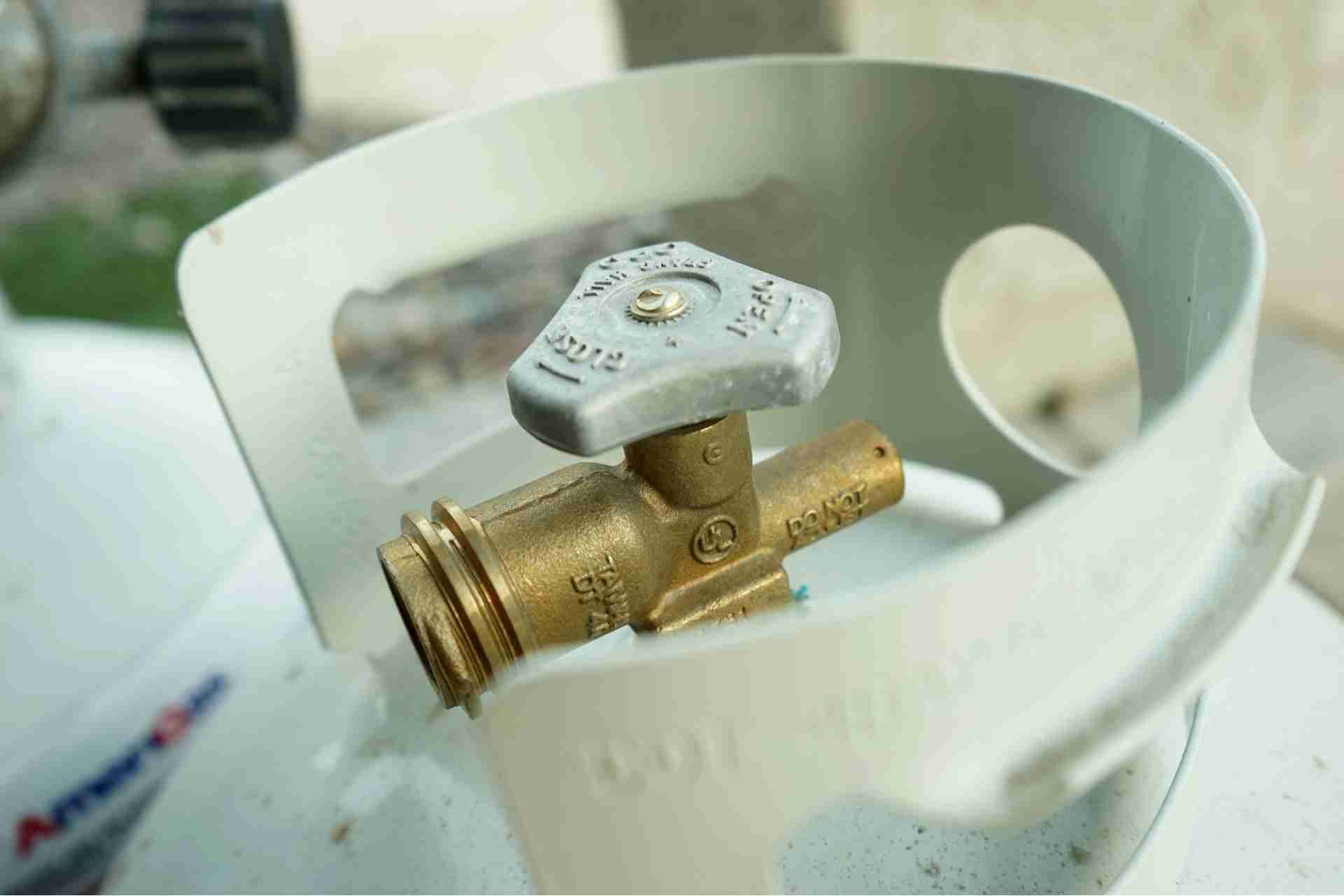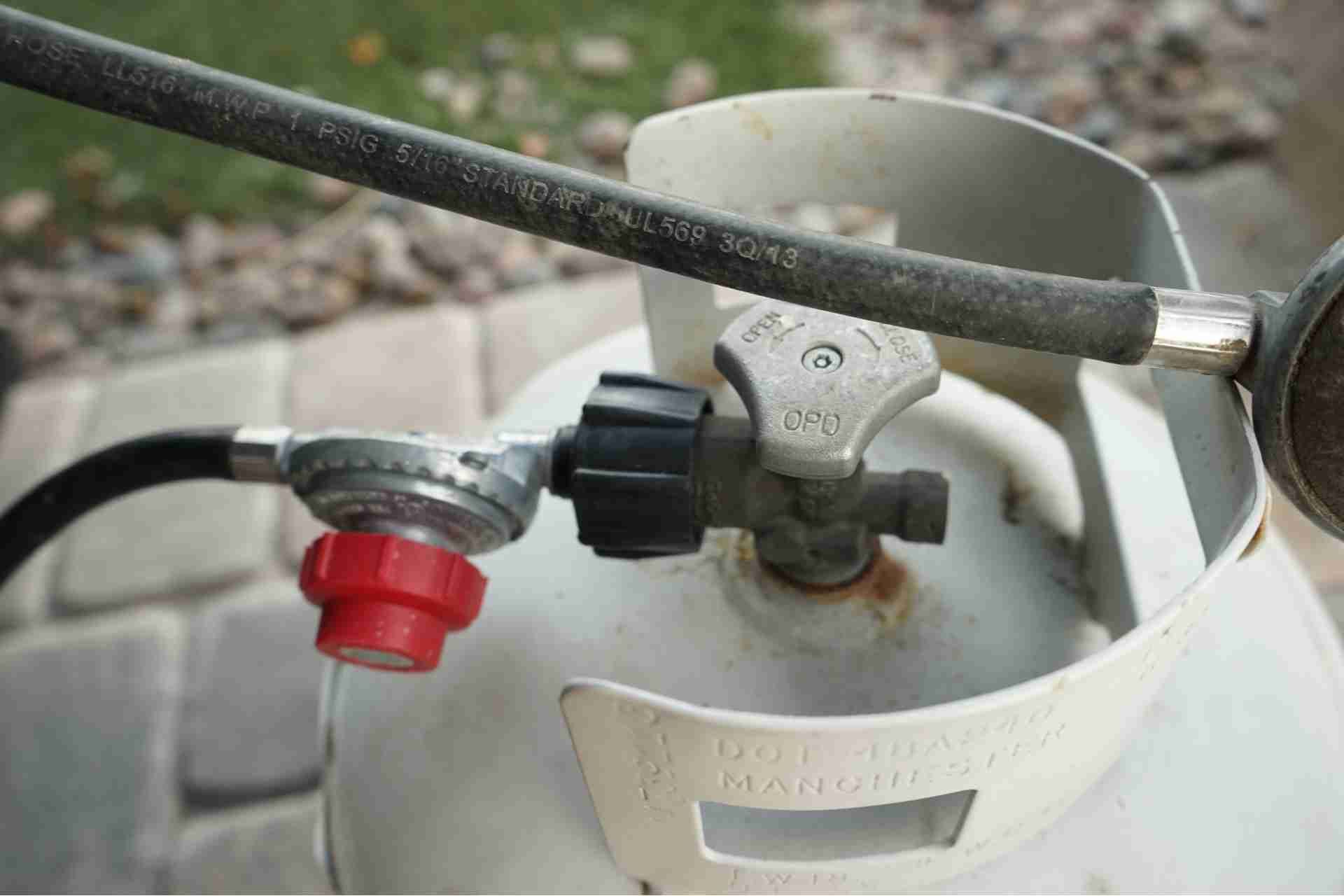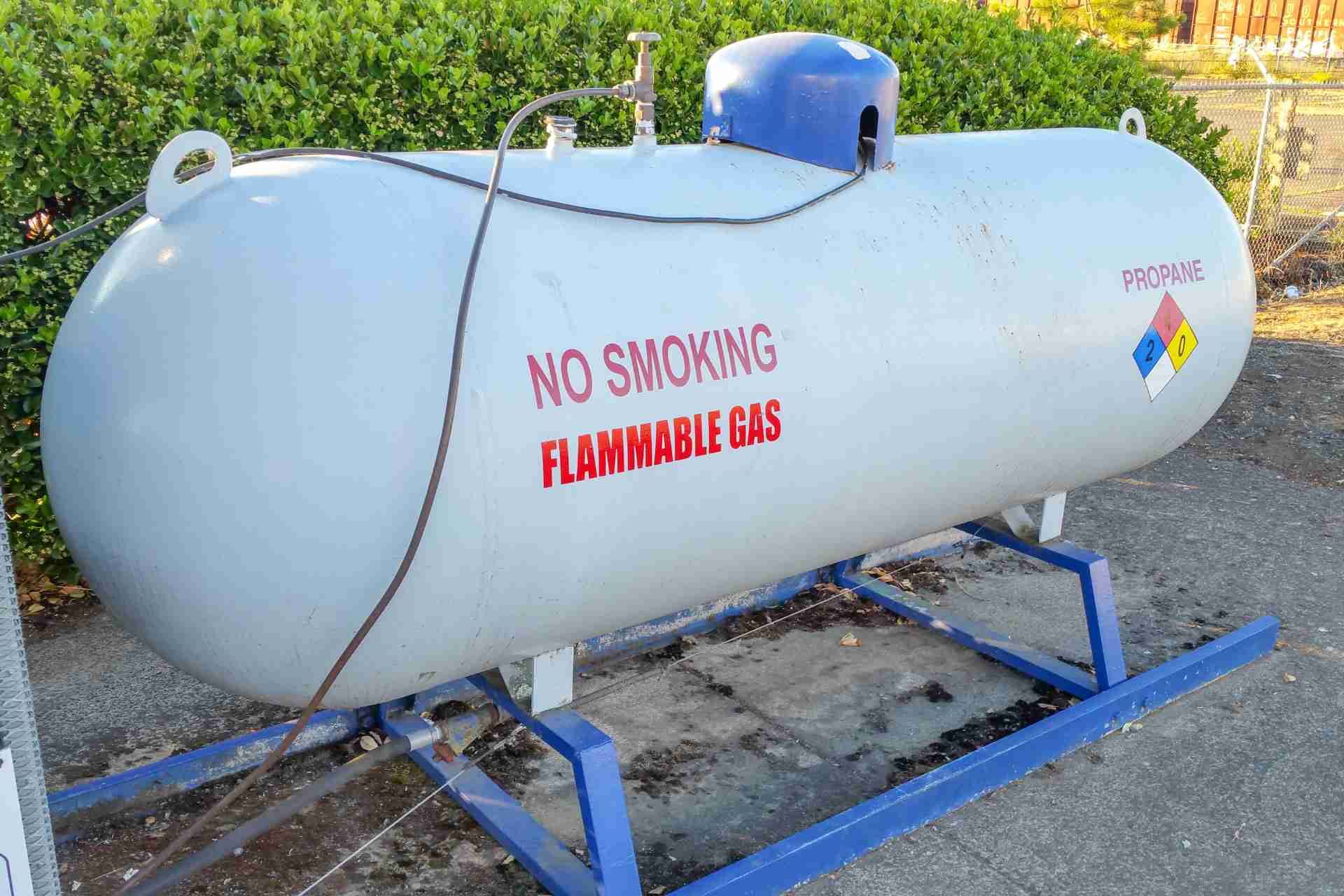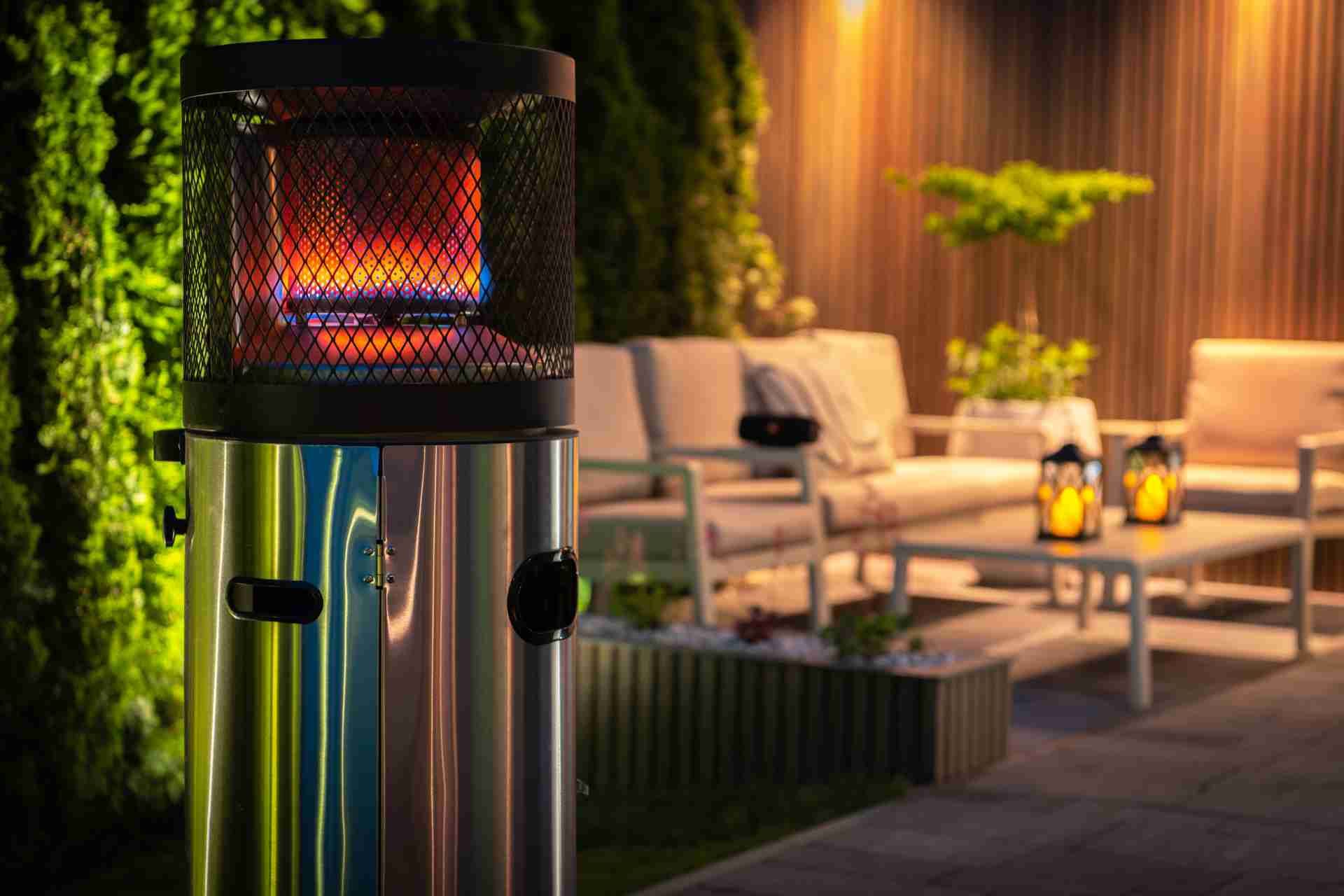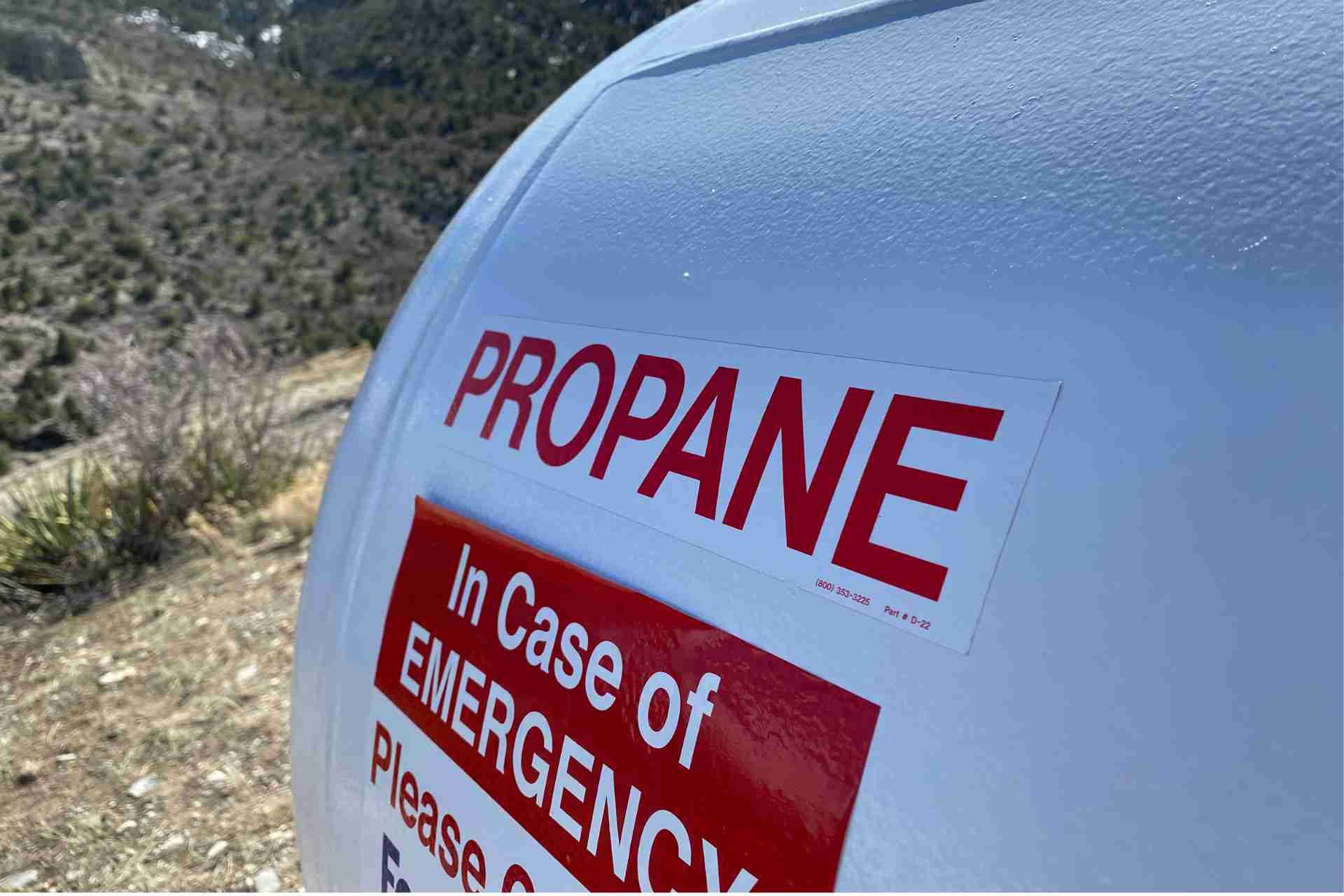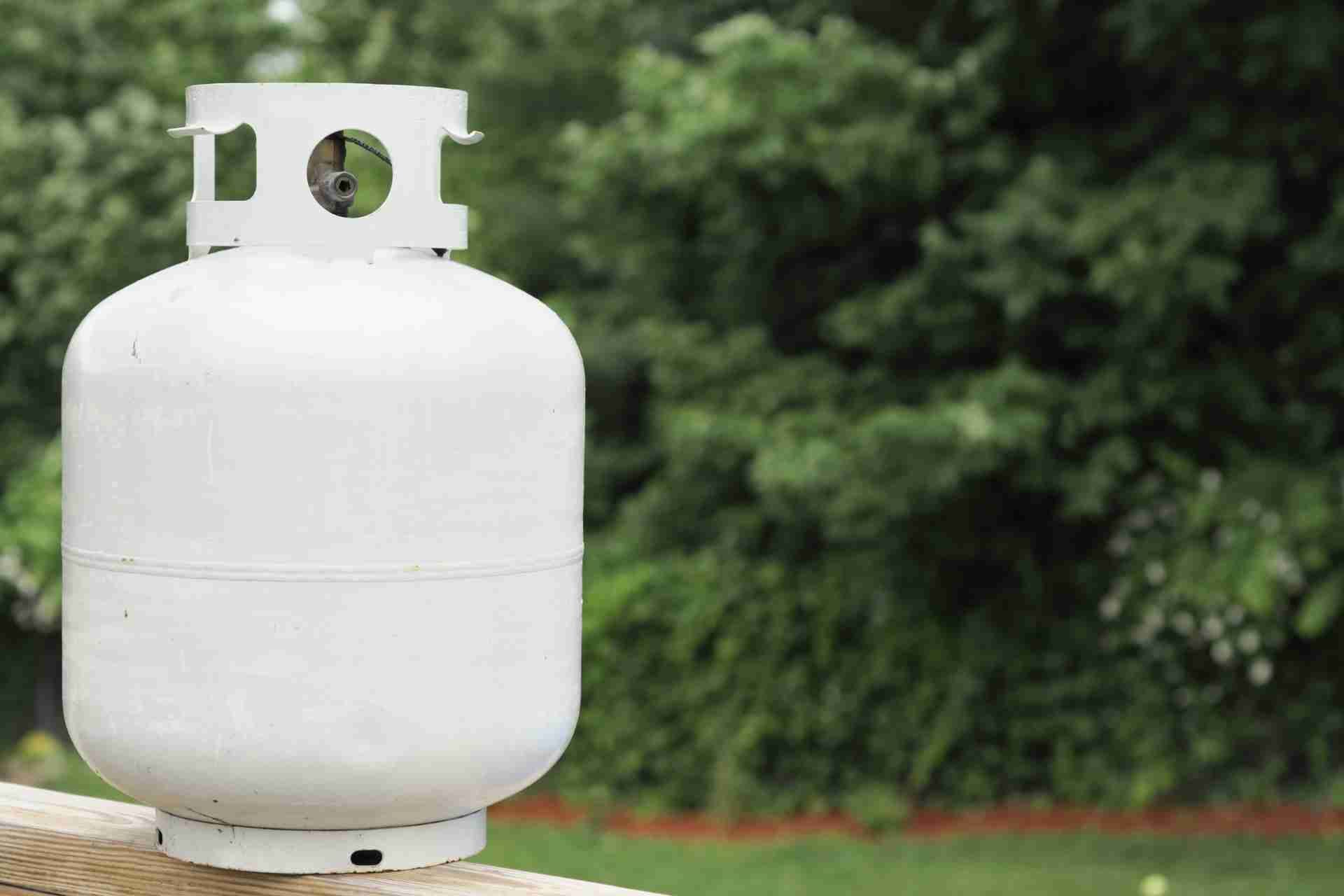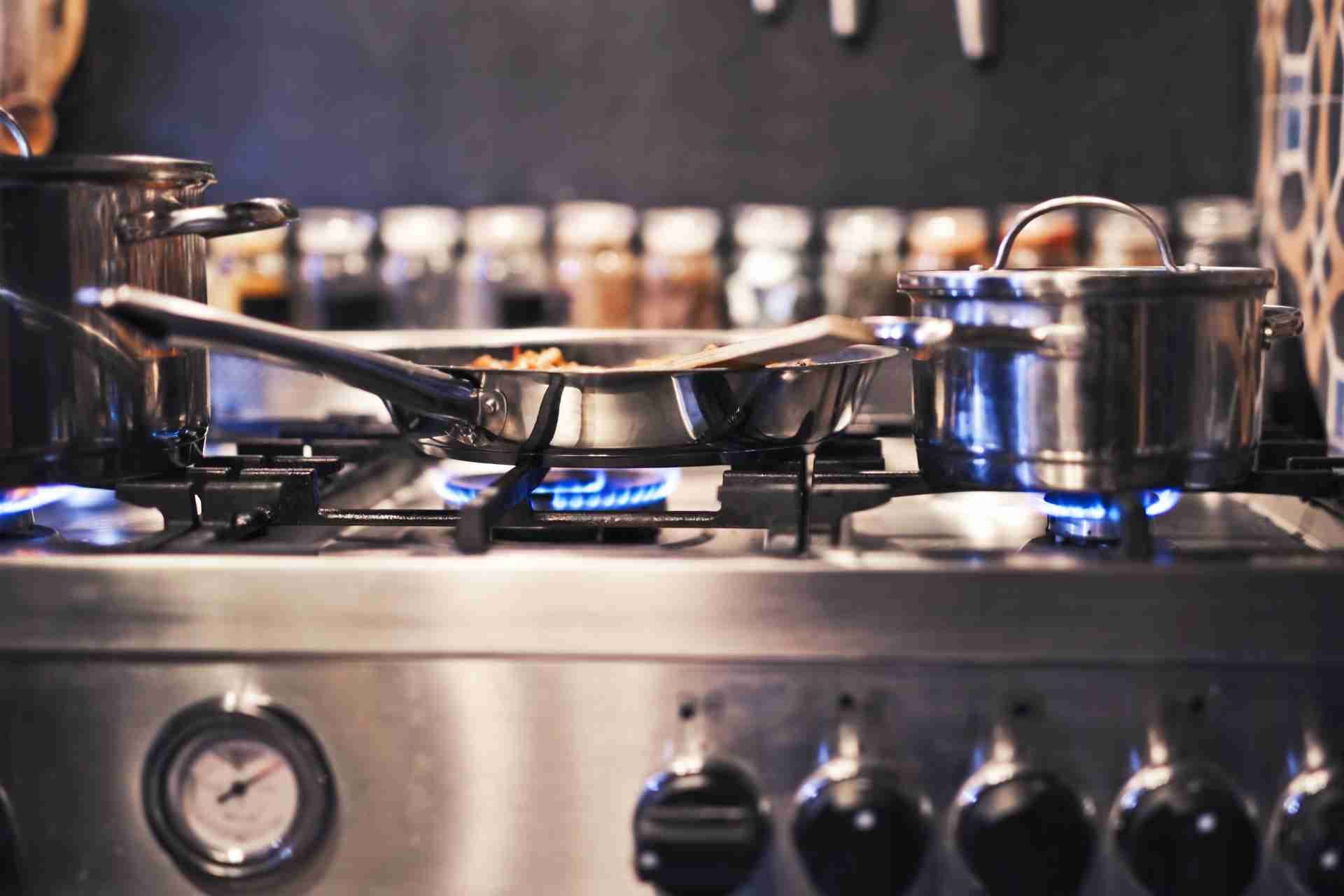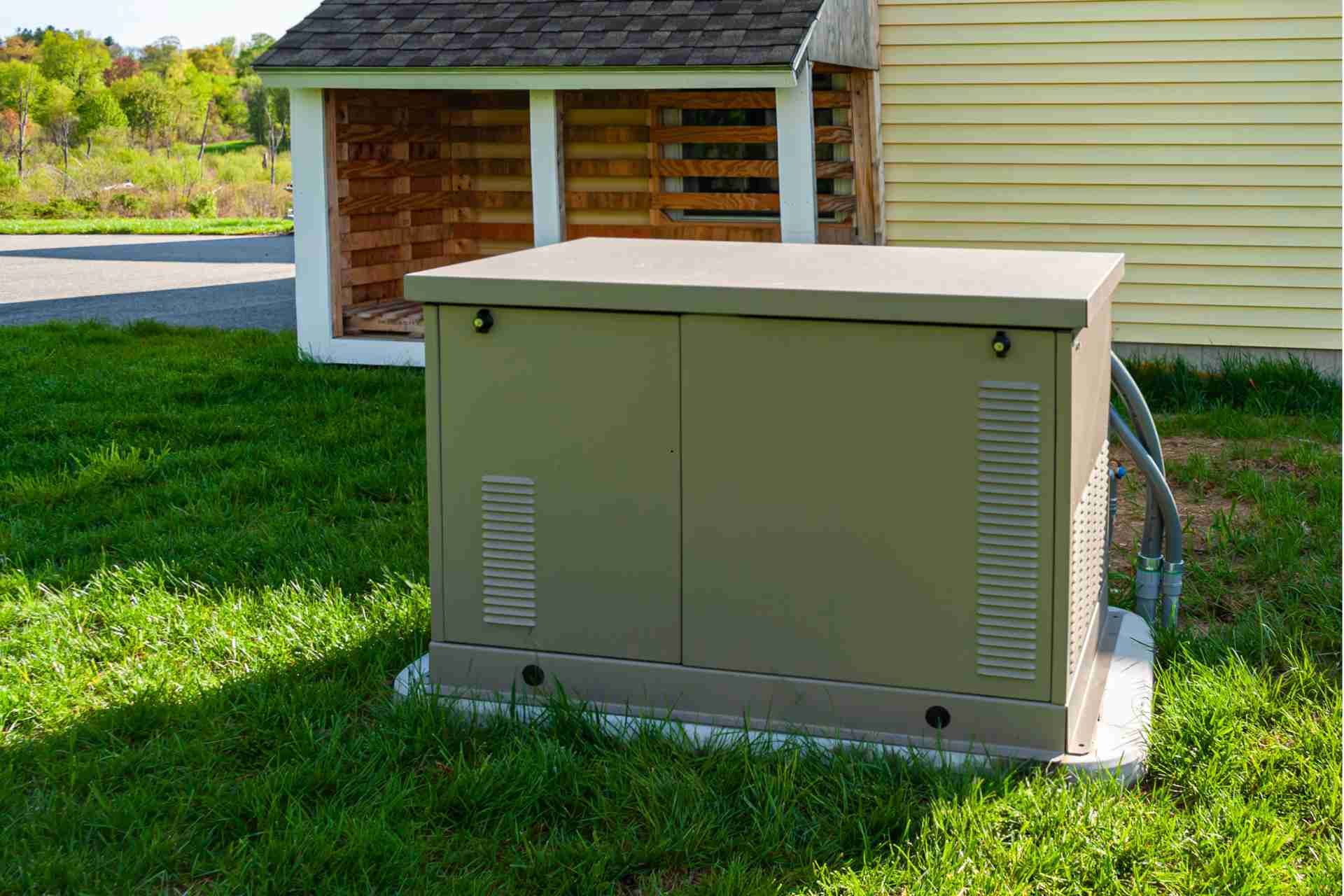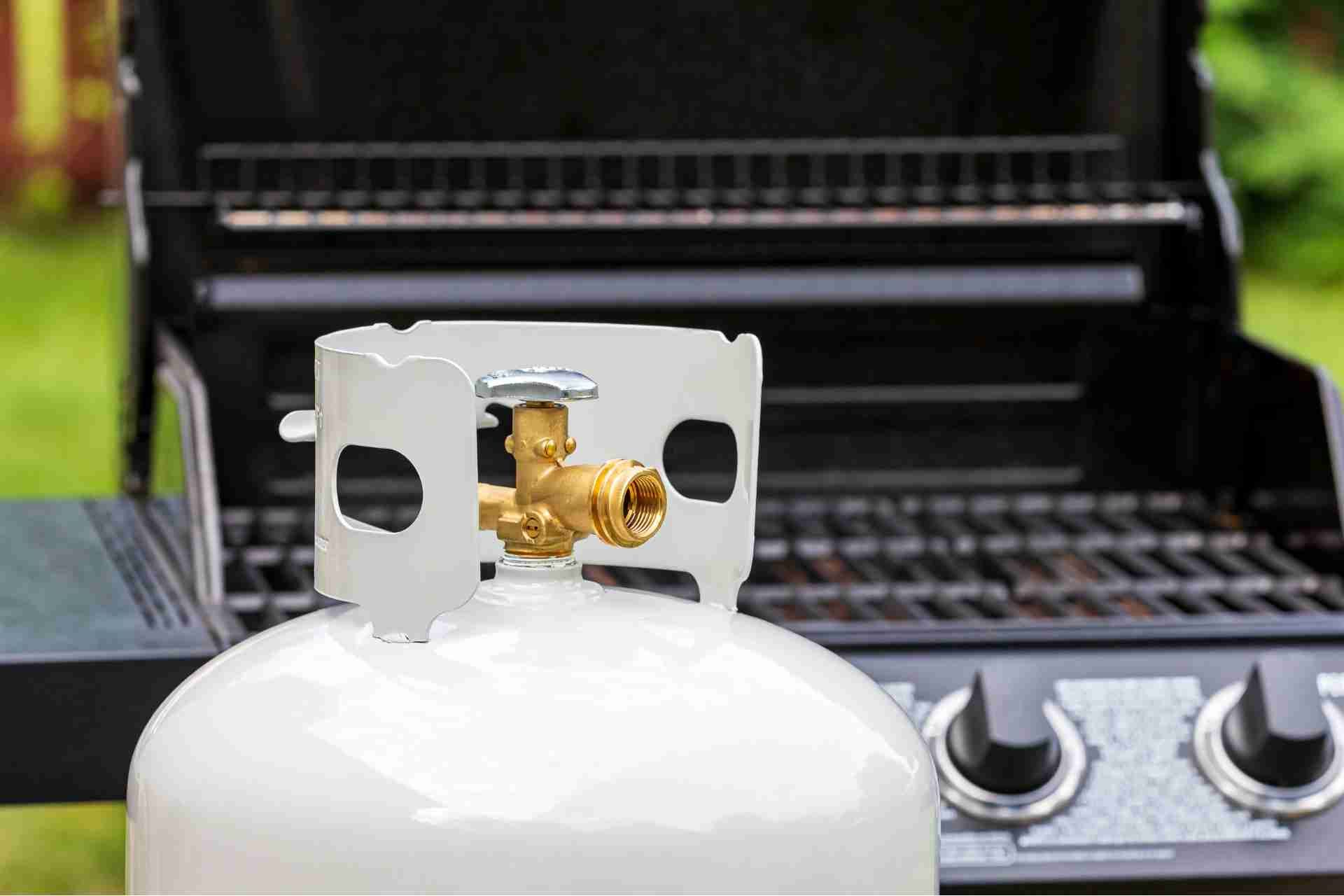Tips on How to Lower Your Gas Bill
Gas bills can sometimes be a major chunk of our monthly expenses, especially during cold winter months.
Are you tired of spending a significant amount of your monthly budget on gas? Propane gas is a popular choice for many households as an efficient and clean energy source. However, like any fuel, it comes with a cost. If you're looking at how to lower your gas bill, we've got some helpful tips for you.
1. Smart Thermostat
One of the best investments you can make is installing a smart thermostat.
One of the primary advantages of a smart thermostat is its ability to learn your schedule and preferences. By connecting to your smartphone or other devices, it tracks your habits and adjusts the temperature accordingly. For example, if you typically leave for work at 8 a.m., the smart thermostat can lower the heat during the day to conserve energy. It will then automatically adjust the temperature before you arrive back home. This feature ensures that you never waste gas by heating an empty house, resulting in significant savings on your gas bill.
In addition to learning your schedule, a smart thermostat allows you to remotely control your heating system. Imagine being able to adjust the temperature from anywhere, whether you're at work, running errands, or simply lounging on the couch. With a few taps on your smartphone, you can turn down the heat when you're away and warm up your home before you return. By actively managing your heating system, you can prevent unnecessary gas consumption and save money in the process.
2. Efficient Insulation
Insulation acts as a barrier against heat transfer, helping to keep your home warm in winters and cool in summers. It works by slowing down the movement of heat from one area to another. By having efficient insulation in your home, you can reduce the amount of heat that escapes during the cold season, reducing the need for constant heating. Similarly, during the hot summer months, insulation prevents heat from entering your home, reducing the need for excessive air conditioning.
One of the most important areas to insulate is the roof. A poorly insulated roof can account for up to 30% of heat loss in a house. By adding insulation to your attic or roof, you can prevent heat from escaping, reducing the need for heating and thereby lowering your gas bill. Additionally, proper roof insulation can also help prevent ice damming in winter, which can cause damage to your roof and increase heat loss.
3. Lower the Thermostat
With the cost of natural gas constantly on the rise, it's no wonder that people are looking for ways to reduce their expenses. One simple and effective strategy is to lower the thermostat in your home. Turning down your thermostat by just a few degrees can have a noticeable impact on your gas bill. Consider setting your thermostat to a comfortable temperature rather than cranking it up excessively. Each degree you lower can save you around 1% on your gas bill.
The first thing to consider is the ideal temperature for your home during the winter months. According to recommendations from the U.S. Department of Energy, setting your thermostat to around 68°F (20°C) while you're at home can provide a comfortable atmosphere without breaking the bank. For every degree you lower your thermostat below this point, you can save up to 3% on your heating costs. So, imagine the savings if you drop it to 65°F (18°C) or even lower!
4. Regular Maintenance
One of the first steps in ensuring your gas appliances are working efficiently is to schedule regular professional inspections. Hiring a qualified technician to perform maintenance and safety inspections on your heating system, hot water heater, and other appliances is crucial. These professionals can identify any potential issues or inefficiencies that may be driving up your gas bill.
During these inspections, technicians will inspect your appliances for leaks, faulty pilot lights, and other potential problems that could be causing your gas consumption to increase. They will also clean the components and ensure everything is operating at maximum efficiency. Regular inspections can catch small issues before they escalate into large, costly repairs, ultimately saving you money in the long run.
Another critical aspect of regular maintenance is ensuring the proper airflow and ventilation of your gas appliances. When air passages are blocked or obstructed, it can reduce the efficiency of your appliances, resulting in increased gas usage. Regularly cleaning or replacing air filters and making sure vents and exhaust systems are clear of debris are simple tasks that can have a significant impact on your gas bill.
5. Take Advantage of Natural Heat
Do you have south-facing windows? Sunlight can provide natural warmth on sunny days, so keep your curtains open to let it in. Additionally, if you have rooms that are unused during the day, keep the doors closed to prevent wasting heat.
Explore a few ways you can harness the power of natural heat to keep your home cozy and your gas bill down.
- Sunlight: The sun is an incredible source of natural heat, and harnessing it can provide significant savings on your gas bill. During the day, open your curtains or blinds to allow sunlight to enter your home. The warmth from the sun's rays will naturally heat up your rooms, reducing the need for artificial heating. Additionally, rearrange your furniture to maximize exposure to sunlight by placing seating areas and workspaces near windows.
- Passive Solar Design: If you're building a new home or considering renovation, incorporating passive solar design principles can immensely benefit your gas bill. Passive solar design involves utilizing the sun's rays for heating without any mechanical or electrical assistance. Features like large south-facing windows, thermal mass materials (such as concrete or stone), and overhangs to provide shade in summer can help regulate indoor temperatures naturally. Consulting a professional architect or engineer experienced in energy-efficient design can help you optimize your home for passive solar heating.
- Efficient Fireplace Usage: If you're fortunate enough to have a fireplace, it can be an excellent source of free, natural heat. However, it's crucial to use it efficiently to avoid wasting energy. Make sure your fireplace is properly insulated, so heat doesn't escape through the chimney. When starting a fire, use dry, seasoned wood that burns hotter and produces less smoke. Once the fire is lit, close the damper to prevent warm air from being drawn up and out. This way, you can enjoy the warmth of a natural fire without relying heavily on gas-powered heating systems.
6. Smart Habits
Cultivating smart energy-saving habits can go a long way in reducing your gas bill. Explore some smart habits you can adopt to lower your gas bill and keep more money in your pocket.
- Efficient water usage
Hot water usage contributes to your gas bill, so incorporating smart habits around water usage can help lower your bill. Shorten shower times, fix any leaks or dripping faucets promptly, and consider installing low-flow showerheads and faucets to reduce water consumption. Additionally, washing clothes in cold water instead of hot can make a significant difference.
- Utilize natural gas appliances efficiently
If you have natural gas appliances in your home, such as water heaters, stoves, or dryers, use them wisely. Schedule laundry and dishwashing during off-peak hours when rates might be lower. Opt for energy-efficient appliances if a replacement is due, as they tend to use less gas. Be mindful of preheating times, turning off appliances when not in use, and using lids while cooking to reduce gas consumption.
- Embrace energy-saving practices
Besides reducing your gas bill, energy-saving practices help the environment as well. Make it a habit to turn off lights, fans, televisions, and other electrical devices when not in use. Unplug chargers and electronics that draw a standby current, as they still eat up electricity even when not actively used.
7. Consider Alternative Heating
Depending on where you live, it might be worth investigating alternative heating options. Electric heaters or investing in a heat pump system can be an efficient and cost-effective solution in some regions. Research these alternatives and determine if they are viable options for you.
Choosing an alternative heating method not only lowers your gas bill but also helps reduce your carbon footprint and lessens our overall dependence on fossil fuels. It's essential to research the available options and consider factors such as upfront costs, long-term savings, and environmental impact before making a decision. Consulting with a heating professional can also provide valuable insights and help determine which alternative heating system is the best fit for your home.
Conclusion
Lowering your gas bill requires a combination of conscious driving habits, vehicle maintenance, and smart planning. By implementing these simple tips, you can not only save money but also contribute to a cleaner and greener environment. So, start implementing these strategies today and enjoy the benefits of reduced gas expenses.

